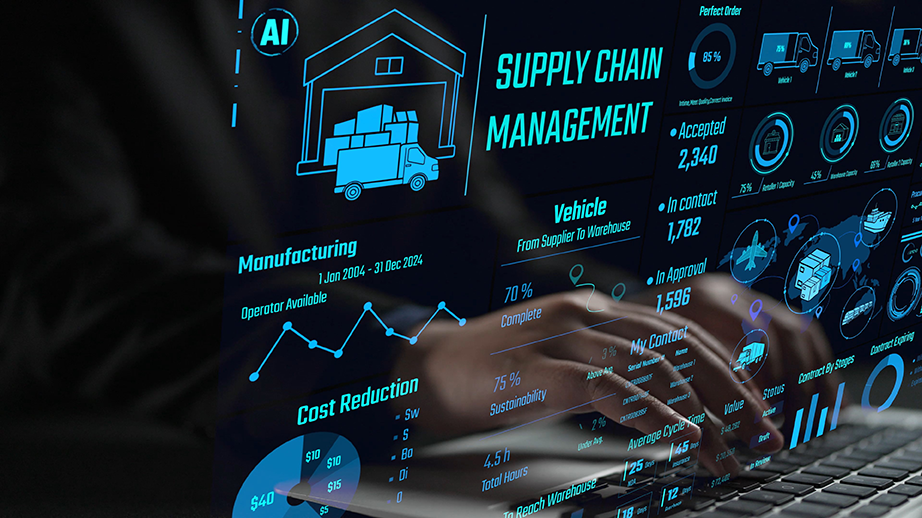
The automotive industry has always prided itself on precision… a finely tuned network of suppliers, assemblers, and logistics partners moving parts and vehicles across the globe in perfect synchrony. Yet, a new study by DP World reveals a sobering truth: despite 83% of logistics executives describing their operations as resilient, disruptions still cost the global automotive sector an estimated $13 billion per year, or nearly 5% of the market’s total logistics value.
That number reveals a significant confidence gap between what automotive supply chains believe about their resilience and what the data indicate.
The Fragility of “Just-in-Time” in an Uncertain World
Few industries are as dependent on timing as automotive manufacturing. One delayed shipment of semiconductors, fasteners, or EV batteries can grind an entire assembly line to a halt.
DP World’s findings show that 60% of automotive companies lose over a month of operations during disrupted years, while 72% lose contracts or business, and 63% report brand damage as a direct result of logistics breakdowns.
The reasons are clear:
- 91% of executives cite geopolitical instability and trade volatility as key threats.
- Port congestion and detours from established shipping lanes continue to extend lead times and inflate costs.
- Extreme weather events and cyberattacks are compounding risks in a sector already under transformation from electrification and software-defined vehicles.
In such a lean, just-in-time ecosystem, there’s little room for error. Every delay cascades from tier-2 suppliers to OEMs to dealerships, amplifying cost and customer frustration at every step.
Resilience: The New Competitive Metric
While operational resilience has always mattered, it’s now become a strategic differentiator. According to DP World’s study, companies that take an integrated logistics approach, investing in warehousing, international freight, last-mile delivery, compliance, and sustainability, experience up to 20% lower disruption costs and recover 60% faster than peers.
That’s the new performance benchmark for an industry in transition.
The shift to electric and software defined vehicles has redrawn the automotive supply chain map. Battery components, chips, sensors, and rare earth materials travel across multiple borders and regulatory zones before final assembly. Without end-to-end visibility and data integration, disruption risk increases exponentially.
Bridging the Confidence Gap with Data and Visibility
If there’s a lesson in the $13 billion disruption figure, it’s this: resilience can’t be based on perception. It must be measurable, traceable, and backed by accurate logistics data. That’s where nVision Global fits in.
For over 30 years, we’ve helped global manufacturers, including leading automotive brands and top-tier suppliers, achieve greater control through data integrity, visibility, and financial accuracy.
Our capabilities enable manufacturers to:
- Audit and validate freight costs across transportation providers and modes, ensuring accuracy and uncovering inefficiencies.
- Leverage Transportation Management (TMS) tools to model routes, evaluate providers, and proactively manage disruptions.
- Automate claims and recovery processes, turning service failures into measurable cost savings.
- Transform logistics data into intelligence, with analytics that spotlight bottlenecks, high-risk lanes, and performance trends across global networks.
In short: nVision Global helps automotive companies replace assumption with evidence and build supply chain strategies grounded in visibility, not vulnerability.
The Road Ahead
As the automotive industry drives deeper into electrification, digitization, and global volatility, the next competitive frontier won’t be cost per unit or miles per gallon, it will be resilience per disruption.
Executives are already taking notice: 91% of auto supply chain leaders say logistics risks are now escalated to the boardroom level.
That awareness is healthy, but awareness alone won’t close the gap. To truly protect margins, contracts, and brand trust, automakers must treat logistics data not as a cost control tool, but as a strategic asset, one that turns every shipment into insight, and every disruption into an opportunity to adapt faster than competitors.
Because in the automotive world, speed has always been the goal… but in today’s market, resilience is the finish line.